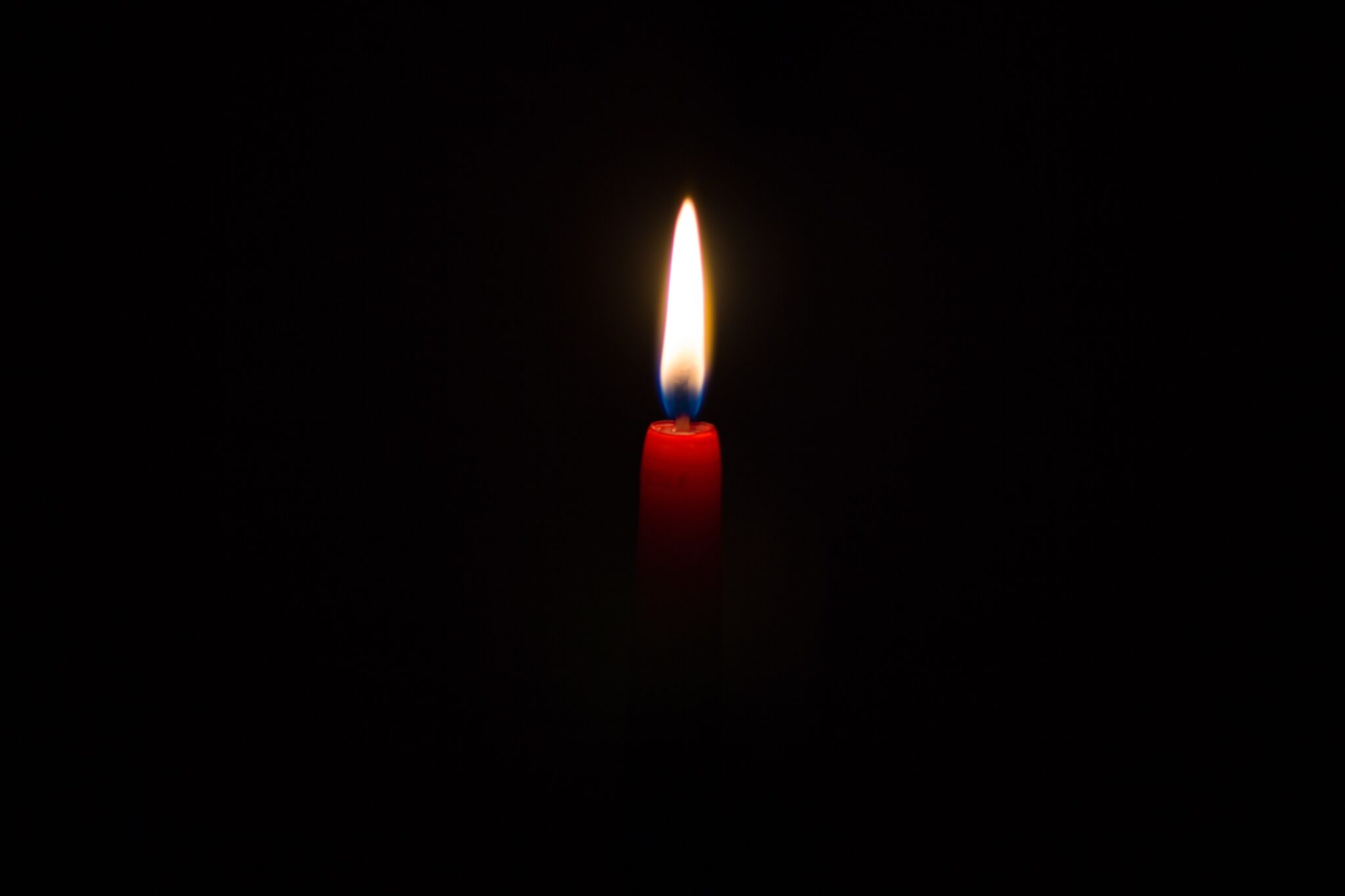Groaning
- Steve Hatter

We’ve been studying Romans 8 in our Sunday Sound Doctrine Fellowship Group and for the last few weeks, we have been looking at verses 18 through 26. These verses provide both perspective and promise when we, as Christians, consider the harsh reality of daily living in a fallen world. Fallen means cursed, and the curse of God—the creator and sustainer of all—is serious. Simply put, life is hard because God’s curse is upon us.
God’s curse on His creation resulted from Satan’s deception and Adam’s sin in the Garden of Eden as chronicled in Genesis 3. It means pain and suffering for everyone, whether saved or unsaved, in this temporal life. The Apostle Paul in Romans 8 captures the essence of such pain and suffering for the Christian by leveraging a Greek verb that translates well into English as “to groan.” We groan under the weight of a sin-cursed existence as you can see specifically in verses 22, 23, and 26 below (italics are mine):
For I consider that the sufferings of this present time are not worth comparing with the glory that is to be revealed to us. 19 For the creation waits with eager longing for the revealing of the sons of God. 20 For the creation was subjected to futility, not willingly, but because of him who subjected it, in hope 21 that the creation itself will be set free from its bondage to corruption and obtain the freedom of the glory of the children of God. 22 For we know that the whole creation has been groaning together in the pains of childbirth until now. 23 And not only the creation, but we ourselves, who have the firstfruits of the Spirit, groan inwardly as we wait eagerly for adoption as sons, the redemption of our bodies. 24 For in this hope we were saved. Now hope that is seen is not hope. For who hopes for what he sees? 25 But if we hope for what we do not see, we wait for it with patience.
26 Likewise the Spirit helps us in our weakness. For we do not know what to pray for as we ought, but the Spirit himself intercedes for us with groanings too deep for words. 27 And he who searches hearts knows what is the mind of the Spirit, because Spirit intercedes for the saints according to the will of God.
Paul wanted his readers to see three aspects of groaning—that the creation itself is groaning, that believers groan both as individuals and corporately as the church, and that God the Holy Spirit Himself even groans on our behalf. The fall of creation was, and is, that profound, that destructive. Original sin was a nuclear detonation of sorts with perpetual pain-filled fallout. The measure of pain is immense as the creation, and all within it desperately anticipates the ultimate and final redemption that God promises in His word. We live on the edge, with gritted teeth, waiting for a change to the good.
Well, seeing that we are groaning is not a hard sell. One quick glance at any daily news feed shouts brokenness, pain, suffering, dysfunction, destruction, and death. The question for the Christian is how are we to respond to our groaning?
Paul simply reminds the Christian that he is to look forward, in faith, to glory. The antidote to pain and suffering, and the groaning it brings in this life is a promise. God’s character-backed pledge is that He will make it right in ways far beyond our highest imagination. He will glorify the believing saint who perseveres to the end.
As we talked about all of this in class today, I could sense the wheels turning in the mind of one precious friend in the class who has recently experienced immense loss and is grieving in a manner most of us cannot truly empathize with because it has not (yet) happened to us. But as this lovely saint thought deeply, out came a most profound thought: “you know, the right way to think about groaning is that we must never let it become grumbling.”
If you think for just a minute about that admonition, you’ll quickly see that it is faith that serves as the firewall between groaning and grumbling. The unbelieving world in pain lashes out, seeks to avenge, seeks to win and spike the football, wants the pound of flesh. The Christ-follower however, trusts in the bigger picture as revealed to us in the special revelation of the Scriptures and our Savior described within them. We must not grumble, we must instead strive to be grateful for a promise we must believe in faith to be true, even as we suffer.
Every one of us is groaning for one reason or another. Is your groaning turning to grumbling, indicating a lack of trust in God and His promises? Or are you grateful as you suffer for “a little while” (1 Peter 5:10) in anticipation of unimaginable glory?
The so-called heroes of the faith listed in Hebrews chapter eleven had but one thing in common. They believed God. May I be found to be one who believes even in my darkest hour.










